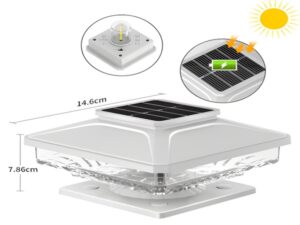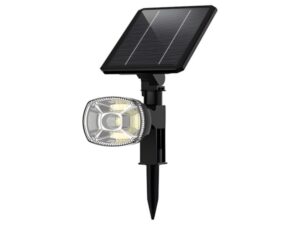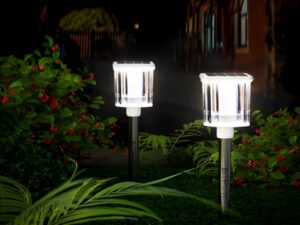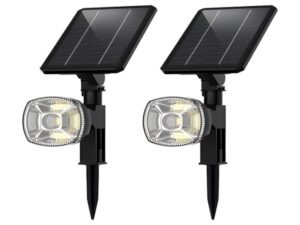
Today, the inability of remote and impoverished rural households to access electricity remains a significant issue, not only in our country but also in various regions around the world. Due to the dual influence of economic and geographical factors, resolving the electricity problem is quite challenging. However, since household solar photovoltaic systems have been included in the national poverty alleviation plan, rural photovoltaic systems have indeed brought about effective improvements. Today, people’s utilization of solar power has gradually addressed the electricity needs of households.
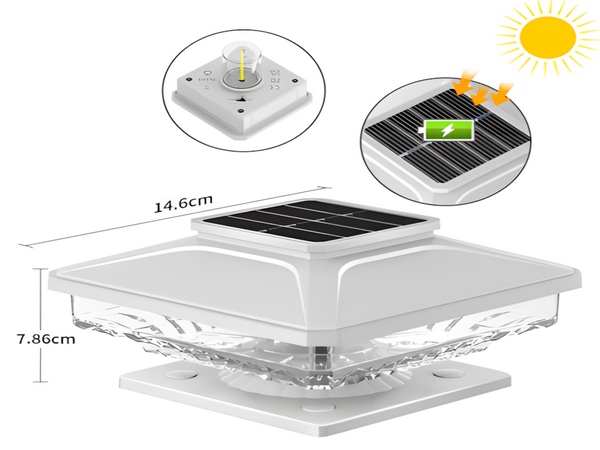
Currently, the problem is that the cost of distributed solar power stations remains high, especially for families in impoverished areas, making it very difficult for them to utilize solar energy. After all, the costs associated with distributed photovoltaic solar power stations are relatively high. However, with government support, it is still feasible for these families to install a simple household solar photovoltaic power station at an affordable cost, making it both economical and practical.
In recent years, the government has proposed that energy supply methods be adapted based on local conditions, such as extending the power grid and solar photovoltaic power generation to address the electricity needs of those without access. By the end of 2015, the issue of 2.73 million people without electricity nationwide needed to be fully resolved, with the power grid extension addressing 1.54 million people and independent solar power generation resolving the needs of 1.19 million people. This reflects the national recognition of the application of photovoltaic solar power systems.

Bitpott solar photovoltaic manufacturers specialize in the research and development, as well as the sales of off-grid, grid-connected, and household solar photovoltaic systems. If you would like to learn more or purchase solar photovoltaic panels, please contact our online customer service.
Welcome to your inquiries and orders!
